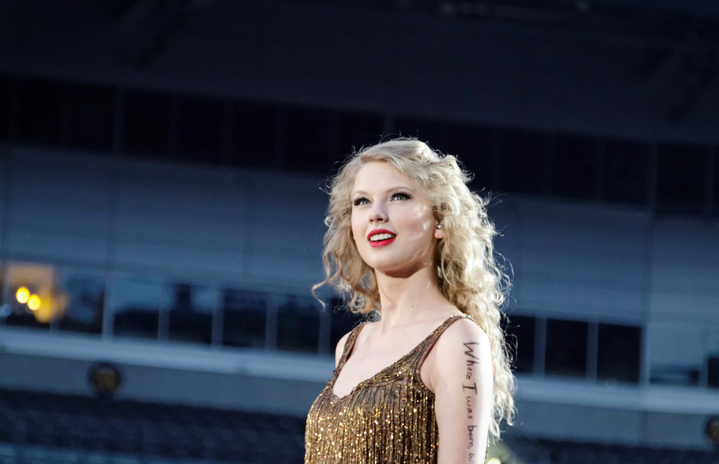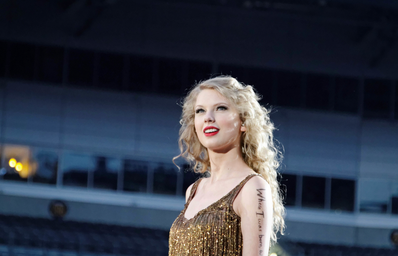If you know me, you know how much I absolutely adore Taylor Swift. After all, any Swiftie knows her story from the beginning. A small-town girl with dreams of being a country singer who put her mark on Hollywood and the music industry forever. Many people also know her as an advocate, a feminist. But just how well can we say Taylor advocates for the majority of us?
Well, the majority is technically the right word. Though I want to be optimistic of the ways Taylor speaks up for women, I’m afraid I can’t quite say with complete confidence that she’s ever advocated for womxn of colour.
If you’ve seen Miss Americana, you know that after Trump was elected as president down south, she had enough and decided to speak out against a local politician. Taylor shares her frustrations with the treatment of women and the queer community.
Since then, we’ve heard music from her like her songs “The Man” and “You Need to Calm Down” that sport lyrics such as “I’m so sick of running as fast as I can, wondering if I’d get there quicker if I was a man” and… “…shade never made anybody less gay…”.
As far as we, the audience, know, Taylor is straight and cisgender, though fans speculated she was going to come out as bisexual.
Her heart is absolutely in the right place but certain interactions with people in the music industry have led people to believe Taylor doesn’t quite understand how to apply her feminism in an intersectional way.
In 2015, the MTV VMA (Video Music Awards) took place, and Taylor was one of those recognized and awarded. Nicki Minaj tweeted her frustration for the lack of acknowledgment for her work in “Anaconda” and that it was one of the most-watched videos of the year. Nicki was frustrated that despite having an equivalent amount of impact on culture, black women tend to be denied recognition. Nicki alluded that “slim bodied” women in music videos are more likely to get recognition than those who don’t fit that “model-esque” category. Instead of an encouraging response, Taylor seemed more defensive in her reply to Nicki Minaj’s tweet. She accosted Nicki and told her not to “pit women against each other”.
Now, how does this show us that Taylor is a white feminist? Well, if we look at feminism, it’s supposed to advocate for the equality of the sexes politically, socially, etc. In her exchange with Nicki Minaj, there was a clear opportunity for Taylor to extend her advocacy to her black friend and black artists.
In the same way, the suffragette movements were known to exclude women of colour. It’s time we evolve to include more communities in the conversation of equality and equity. But it seems some folks still need to be reminded of the ways they build onto or take away from the work that is being done by feminists who understand intersectionality.
References:
https://www.spin.com/2019/08/taylor-swift-sexuality-quotes-vogue-interview/


